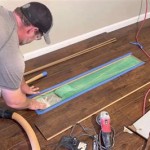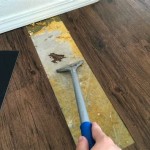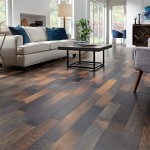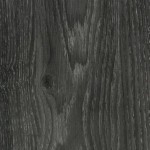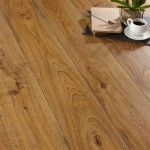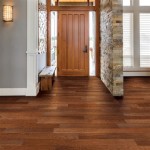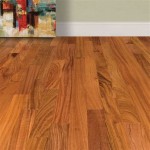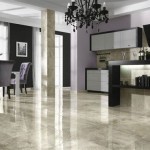Vinyl Plank Flooring: A Comprehensive Guide to Its Benefits and Installation
Vinyl plank flooring has emerged as a popular and versatile flooring option due to its durability, affordability, and ease of installation. This guide provides an in-depth exploration of the essential aspects of vinyl plank flooring, covering its key advantages, installation process, and factors to consider when making a choice.
Advantages of Vinyl Plank Flooring
Vinyl plank flooring offers a range of benefits that make it a smart choice for both residential and commercial spaces:
- Durability: Vinyl planks are highly resistant to wear, tear, and moisture, making them an ideal option for high-traffic areas like kitchens, bathrooms, and entryways.
- Water Resistance: Unlike hardwood or laminate flooring, vinyl planks are waterproof, which eliminates concerns about water damage from spills or leaks.
- Affordability: Compared to other flooring options such as hardwood or tile, vinyl planks are relatively affordable, making them a budget-friendly choice.
- Variety of Styles: Vinyl planks come in a wide range of styles that mimic the look of natural materials like wood or stone, providing ample design versatility.
Installation Process
Installing vinyl plank flooring is a relatively straightforward process that can be completed by skilled DIYers or professional installers.
- Preparation: The first step involves preparing the subfloor by ensuring that it is level, smooth, and free of any debris.
- Underlayment: An underlayment is typically installed to provide additional cushioning and sound dampening.
- Plank Placement: Vinyl planks are installed by interlocking their edges, similar to laminate flooring. The planks can be aligned in any direction to create different design patterns.
- Trimming and Edging: Any necessary trimming or edging is completed to ensure a clean and finished look.
Factors to Consider
When choosing vinyl plank flooring, several factors should be taken into account:
- Wear Layer: The wear layer determines the durability of the flooring. A thicker wear layer provides greater resistance to scratches and wear.
- Plank Thickness: Thicker planks offer increased stability and are less prone to warping or buckling.
- Texture and Finish: Vinyl planks come in a variety of textures and finishes, from matte to glossy, allowing for customization to suit different aesthetic preferences.
- Waterproofing: Ensure that the vinyl planks are waterproof to prevent any potential water damage in areas like kitchens or bathrooms.
Conclusion
Vinyl plank flooring offers a combination of durability, affordability, and versatility that makes it a smart choice for a wide range of spaces. By understanding its advantages, installation process, and factors to consider, homeowners and contractors can make informed decisions when selecting and installing vinyl plank flooring.

6 Best Vinyl Plank Flooring Options Tested By Home Experts

Tranquility Xd 4mm Rail Tie Oak Waterproof Luxury Vinyl Plank Flooring 7 08 In Wide X 48 Long Ll

New Vinyl Plank Flooring Over Tile Table And Hearth

A Surfaces Balsam 20 Mil X 7 In 48 Waterproof Lock Luxury Vinyl Plank Flooring 1307 35 Sq Ft Pallet Lvr5015 0011 The Home Depot

Xl Ridge Waterproof 8 5mm Lock Luxury Vinyl Plank Flooring Builddirect

Home Decorators Collection Palenque Park 12 Mil X 7 In W 48 L Waterproof Lock Luxury Vinyl Plank Flooring 23 8 Sq Ft Case Vtrpalpar7x48 The Depot

Which Thickness Is Best For Your New Luxury Vinyl Plank Flooring

8 Reasons You Should Consider Luxury Vinyl Plank Flooring

How To Choose The Right Vinyl Plank Deerfoot Carpet Flooring

Vinyl Vs Laminate Flooring Pros Cons And Differences Forbes Home
Related Posts

